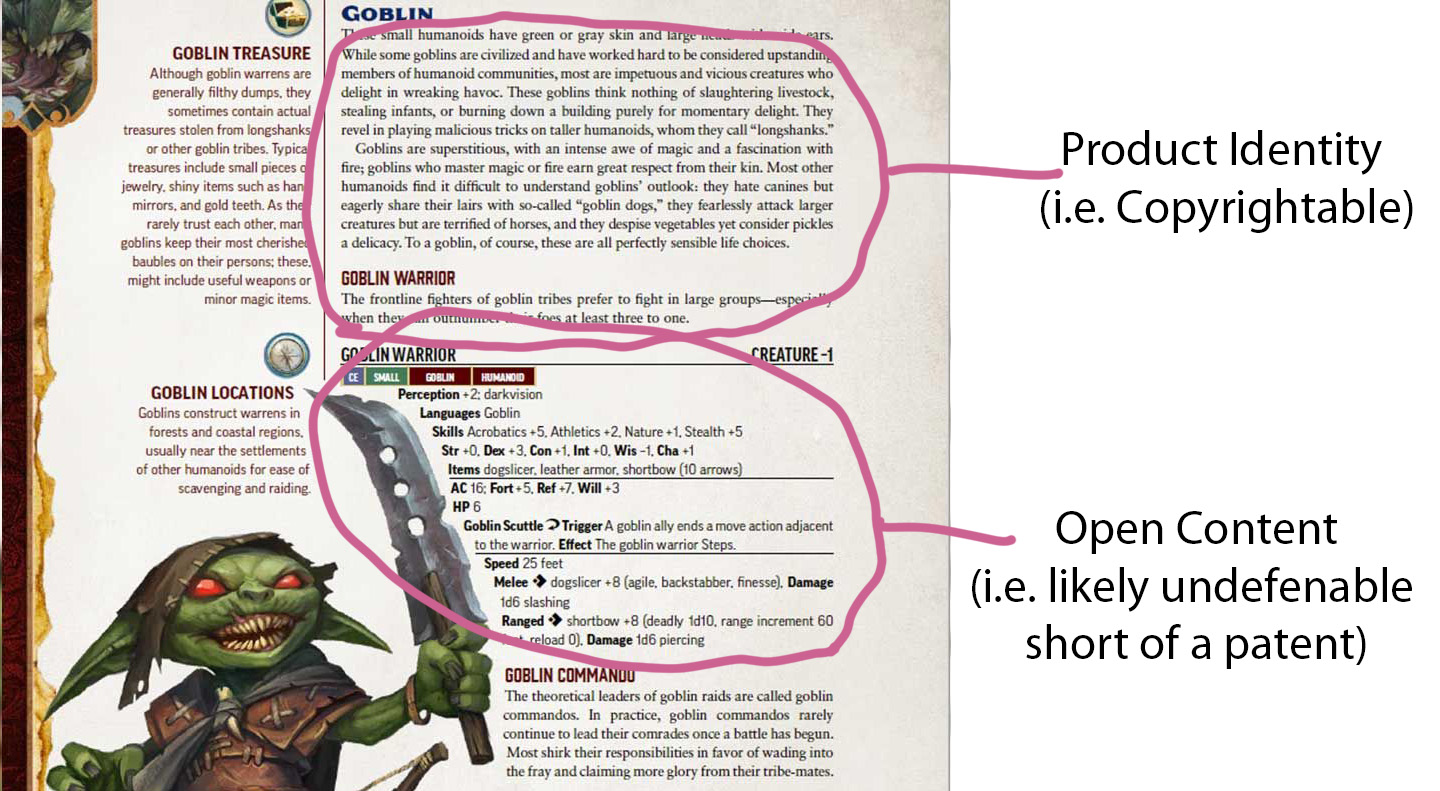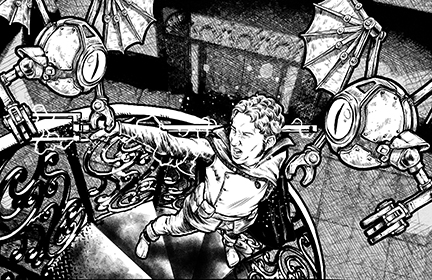Your cart is currently empty!
Rogues
Even in its early days, where the rogue went by the tile of thieves, they were a weird class. Not weird as in obscure or incomprehensible. In many ways, the rogue is the ultimate adventuring class. They survive due to a quickness of body and wits. They are tailor-made to get into and out of…
Even in its early days, where the rogue went by the tile of thieves, they were a weird class. Not weird as in obscure or incomprehensible. In many ways, the rogue is the ultimate adventuring class. They survive due to a quickness of body and wits. They are tailor-made to get into and out of trouble, and they were abundant in early fantasy literature. Fafhrd and the Gray Mouser were thieves. Bilbo Baggins was hired as a burglar. It’s almost puzzling why the cleric made it in the original Dungeons & Dragon rules, but it wasn’t until the Greyhawk supplement that the thief pops up.
No, what’s weird about the rogue class is its goals and how they’ve manifested over time. The early thief was just that—someone who engaged in theft. They weren’t powerful fighters, they had a host of practical but idiosyncratic skills, and they backstabbed folks. They also had a faster character progression back when staggered class progressions were a thing. And it caused a lot of problems. Early D&D was rife with stories of kleptomaniac players stealing coin and magical treasure from their party members, often leading to arguments, hurt feelings, and sometimes the dissolution of gaming groups.
In 2nd Edition D&D, they were rebranded a bit. It was put under the rogue group of classes (along with the majorly redesigned bard class). Still, in 3rd Edition, they became the rogue and became the master of a skill system shared by the whole game rather than living as a subsystem within the class. Over time rogues became more than just a bunch of burglars and cutpurses turned to a life of adventure, but more themes were added. They became pirates and spies, scouts, and even detectives and inquisitors. The rogue became a pretty skillful teammate that you want to flank with.
While designing the rogue for Delve, I wanted to move that class back a bit to its early influences. I wanted it nimble and deadly, with the possibility for crazy stealth, charming conniving, and underworld connections. Most rogues come from hardscrabble backgrounds. Live where larceny meant survival. Those who didn’t were often privileged connivers with stained reputations. There was room there for anything in between, including my plucky iconic rogue, Ez Shadowalker, who has become an adventurer to escape her home—the dangerous Shadows borough of half-ruined Nesserin. But all in all, I wanted the rogue to feel nimbly dangerous.
Like all of Delve’s classes, the rogue starts with two talents shared by every member of the class and, since they also appear on the general feat list, serve as the prerequisites for those Heroes wishing to multiclass into rogue. Those two talents are Agile Athleticism and Dirty Fighting.
Agile athleticism allows the rogue to Climb, Jump, and Swim using Agility rather than Might. Dirty Fighting grants the rogue bonus damage against Vulnerable targets as long as they are using Finesse weapons. They are considered two creatures of their size when determining gang-up.
That’s going to need some explaining.
Delve doesn’t use the 3.5 flanking rules. There are several reasons that I jettisoned those rules, but I’m not going into that now. Instead, it uses a gang-up mechanic. Ganging up on a creature makes them Vulnerable, which is a state in Delve. That state suffers a -2 penalty to all Defenses, and while Vulnerable, a creature can’t use reactions. How do you gang-up on a creature? Surround them. If three or more allies have a creature within their reach, that creature is ganged-up on and becomes Vulnerable. A rogue counts as two creatures of its size in the equation, as they nimbly dart in and out of combat, keeping their foe a bit off guard.
What’s a Finesse weapon? It’s a weapon Element. A Finesse weapon allows you to use Agility rather than Might when making a resolution and applying damage. Daggers, ally pieces, and rapiers are all Finesse weapons. As you can imagine, axes, hammers, large swords, and picks are not Finesse weapons.
And that is the basics of being a rogue—you can capitalize on agility, and you’re good at stabbing folks while they’re down. Of course, it branches out a great deal from that point on. While you can definitely continue on the stabby path, the class is full of talents that teach thievery, fast-talking, and increased acrobatics and sneakiness. And then you can mix and match to create the exact type of miscreate tickles your fancy.
One selection of talents leads the rogue into a series of underground contacts. It starts with Underworld Income, which allows you to gain funds in a couple different ways between adventures. You can move on to Underworld Contact, giving you an ally in low places who can provide information and even ill-gotten windfalls in return for Achievements gained by the rogue, which is a bit of my way of tying coin to character progression. At 5th-level, if you’re inclined toward leadership, you can start to piece together your own crew, using the Underworld Toadies talent. I plan on dedicating several higher-level talents to those rogues who want to create a criminal enterprise, guild, and maybe even an empire. Organized crime is absolutely under the rogue’s purview! But it isn’t the only roguish path beyond 5th-level.
Without any magical help, the rogue is also the most maneuverable class in the initial offerings. Higher-level rogue talents even grant climb and jump speeds, letting them do roguish things that are not subject to the capricious nature of dice rolls. The Tumble talent allows them to pass through the space of other creatures, even if they don’t want you to. These are boons to those rogues who are always on the road adventuring and treasure hunting, as well as those who dabble in burglary or assassination.
There is also a magical pathway in which a rogue can learn the basics of arcane casting and a handful of spells tailored for their use. Later on, if one is so inclined, it opens the road to the dangerous and prescribed types of magic within Delve—necromancy and demonology—or can just grant you magical aid in your roguish endeavors.
All said and done, I think I’ve created a rogue class that is both focused on core competencies of class in its raw form while creating a flexible system for you to build the rogue you want to play.
Here is an image of the second spread of the class. All eight pages of the class in PDF are this week’s Friday Sneak Peek, available to Delvers over at the Delve Patreon.






Leave a Reply